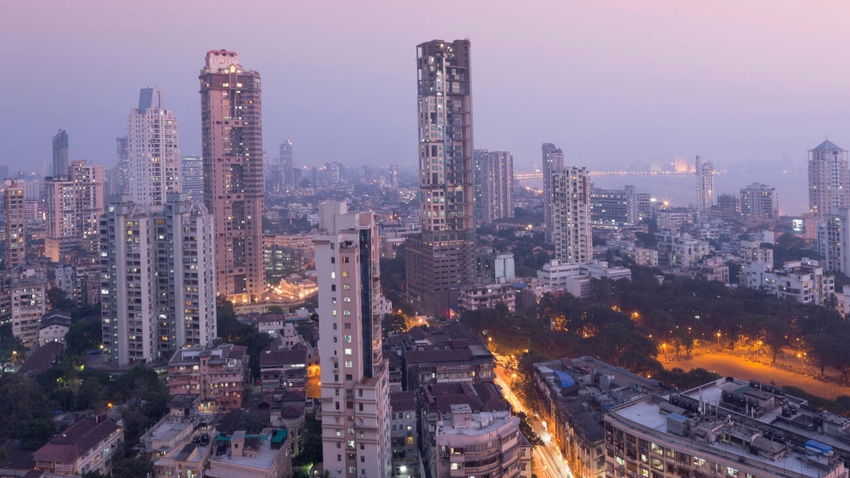Telco-OTT bickering intensifies in India in 2023
In line with the global trend, this year saw hostility grow between India's telcos and OTTs.

One of the biggest trends to emerge in 2023 in India is the changing equation between telcos and so-called over-the-top (OTT) companies. Several events over this year have demonstrated the growing hostility between the two.
It all started with three private telcos – Reliance Jio, Bharti Airtel and Vodafone Idea – demanding that OTT players face similar regulations to those governing telcos, since they (the OTTs) provide similar data and voice services. The comments were made in response to a consultation paper on the regulatory mechanism for OTT communication services and selective banning of OTT services issued by the Telecom Regulatory Authority of India (TRAI).
This was followed by the telcos demanding that large traffic generators share the financial burden of building and maintaining the network. "Few of the top companies are generating around 80% of the data traffic on the telco networks. If the telco traffic is only consuming 20% of the network capacity and the rest comes from large traffic generators, then they should contribute to the network deployment and maintenance," says Lt. General Dr SP Kochhar, director general at the Cellular Operators Association of India (COAI), which represents several private telcos.
The conflict intensified with 128 startups writing to the TRAI that overregulation of OTTs would negatively impact net neutrality principles.
The fair usage debate is, of course, a global phenomenon. Telcos worldwide, including Deutsche Telekom, Telefónica, Optus and Vodafone, have raised the issue of fair usage charges this year.
Indian Telegraph Act or IT Act?
In India, telcos come under the Indian Telegraph Act, and the OTTs are governed by the IT Act. Both are also governed by different ministries – while the Telecom Ministry manages the telecom industry, the OTTs come under the Ministry of Electronics and Information Technology.
The OTTs say they cannot come under the Telegraph Act because they don’t meet the requirements. "Telcos enjoy several unique rights that the OTTs lack. These include the rights to acquire spectrum, the right to obtain numbering resources, the right to interconnect with the PSTN and the right of way to build infrastructure. Since the OTTs are not interested in owning spectrum or interconnecting or building networks, they cannot be governed by the same laws," says TV Ramachandran, president of the Broadband India Forum (BIF), which counts several big players such as Meta, Netflix, Google and Amazon among its members.
"There is no comparison between the services offered by the telcos and the OTTs. Can you really compare SMS with WhatsApp? Both the services are complementary and symbiotic and it is important they work together. A case in point is the COVID-19 pandemic when both telcos and OTT players came together to work in tandem,” adds Ramachandran.
This is not a new conflict in India. It first erupted in 2015 when Facebook (now Meta) collaborated with some telcos in the country as part of its Internet.org initiative, which sought to bridge the digital divide by offering access to some websites free of charge. This was seen as not being in line with the principles of net neutrality.
In addition, Airtel launched Airtel Zero, which allowed companies to pay on behalf of the consumers if they accessed their website on Airtel's network. This move led to massive criticism from several sides and finally the TRAI had to come out with a separate consultation paper and recommendations on the topic.
As the year draws to a close, there appears to be no end in sight to the growing conflict between telcos and OTTs: 2024 may see the conflict intensify.
About the Author(s)
You May Also Like












